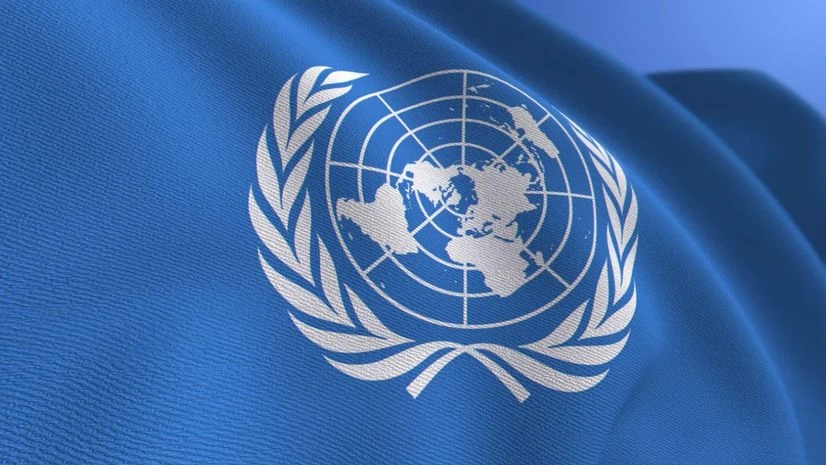Calling on the Taliban to reverse the restrictions on women and girls, the United Nations Secretary-General's Special Representative for Afghanistan Roza Otunbayeva warned that the longer these restrictions remain in place, "the more damage will be done," according to TOLOnews.
She said the question of recognition and the function of the special envoy to Afghanistan are on the agenda.
Otunbayeva said in a press conference following the end of the UN Security Council meeting on the state of affairs in Afghanistan that they anticipate keeping up the recognition issue and the special envoy's function in the third meeting in Doha.
A few members of the Security Council and the UN Secretary-General's Special Representative for the full observance of women's and girls' rights in Afghanistan also underlined the importance of human rights problems, one of the meeting's primary agenda items, according to TOLOnews.
"Many women are currently afraid to move in public places. I take this opportunity to call again on the de facto authorities to reverse these restrictions. The longer these restrictions on women and girls continue, the more damage will be done," stated Roza Otunbayeva.
Otunbayeva, thinks the third Doha meeting on Afghanistan is scheduled to take place in June this year.
"We are approaching another Doha meeting in the future, and I hope to maintain the issue of recognition and the role of the special envoy, which is now on the agenda. This is exactly how to work on this unity," said Otunbayeva.
More From This Section
Meanwhile, Robert Wood, Deputy Permanent Representative of the US to the UN, claimed that the Taliban is also detaining women who are not legally required to wear a hijab.
He said, "The Taliban are also detaining women who are not legally required to wear a hijab. The United States is working with Afghan women to be ready for the day when they can fully participate in society," TOLOnews reported.
The United Nations Special Rapporteur on Human Rights in Afghanistan, Richard Bennett, in December last year urged the Taliban to lift the ban on women working in non-governmental organisations.
He stressed that women are crucial to the economy and that their contributions are essential for the well-being and progress of Afghan society.
In a post shared on X, Richard Bennett stated, "One year ago,Taliban banned women from working in NGOs. Once again, I urge the lifting of the ban. Education and work are vital to a full and dignified life, women are crucial for the economy; and their contributions are essential for the well-being and progress of Afghan society."
The Taliban has restricted media freedoms and banned women from public places like parks and gyms. The actions have sparked a harsh international backlash, further isolating the country at a time when its economy is in free fall and escalating a humanitarian crisis.
Notably, ever since the takeover, Taliban leadership has consistently issued severe decrees restricting Afghan women and girls' access to education and employment.
Since the Taliban regained power in August 2021 after the US exit from the country, women are not allowed to work in the fields of education with domestic and international organisations, in gyms, or in public spaces.
(Only the headline and picture of this report may have been reworked by the Business Standard staff; the rest of the content is auto-generated from a syndicated feed.)

)
